40 YEARS
OF HISTORY
in cultural resources management throughout
New Hampshire and northern
New England.
Our Services
Services
Archaeology
Archaeological investigation is undertaken in a phased approach, including assessment of the project area (Phase IA), identification and recordation of archaeological resources (Phase IB), assessment of their National Register eligibility (Phase II), and mitigation of potential impacts to significant archaeological resources through avoidance or data recovery (Phase III). To successfully navigate this process, we employ a variety of strategies including consultation with interested parties, traditional archaeological excavation, remote sensing, GIS applications, construction monitoring, and detailed reporting of findings, among others. All of our projects are conducted in compliance with all Federal, state, and/or local regulations.
Architectural History
Architectural History is related to the study of historic buildings, structures, objects, and other aspects of the “built environment.” These historic resources oftentimes yield important information about their owner's/architects, function/technology, and how they have been altered over time. Investigations can typically includes site plans, photographic documentation, measured drawings, architectural analysis and description, and comprehensive literature and archival searches. This effort is typically undertaken to interpret and preserve our collective built heritage, as part of a larger historical account of a particular resource/area, or as part of a mitigation process for a historically significant resource that cannot be avoided by development.
Geographic and Information Services
Our goal in using Geographic Information Systems (GIS) is to help our clients better gain an advantage from the large amount of geographic data we have at our disposal. Having this much data at our fingertips allows our firm to identify “up front” any project constraints that may exist. We are the only cultural resources management firm in the region that owns and maintains this amount of data, and we can put it to work for you!
Cemetery Evaluation and Excavation
Victoria Bunker also offers experience and expertise in cemetery-related studies as part of our client services. We have completed cemetery projects for energy sector, transportation sector, and private sector clients, as well as state agencies. The staff of Victoria Bunker also has formulated and operationalized Unanticipated Discovery Plans in a wide variety of settings, including housing subdivisions, natural gas lines, and electricity utility projects. Victoria Bunker has also undertaken the excavation and recovery of human remains from both small and large cemeteries that have been endangered by infrastructural projects and by natural processes.
Geophysical Services
Geophysical investigations are a non-invasive way to survey areas of archaeological potential. Common types of surveys paired with archaeological investigations often include Ground Penetrating Radar, Magnetometry, or Metal Detection surveys. At Victoria Bunker, we tailor each of our geophysical investigations to project specific goals, and often employ these techniques in combinations with Phase I, II, or III archaeological investigations.
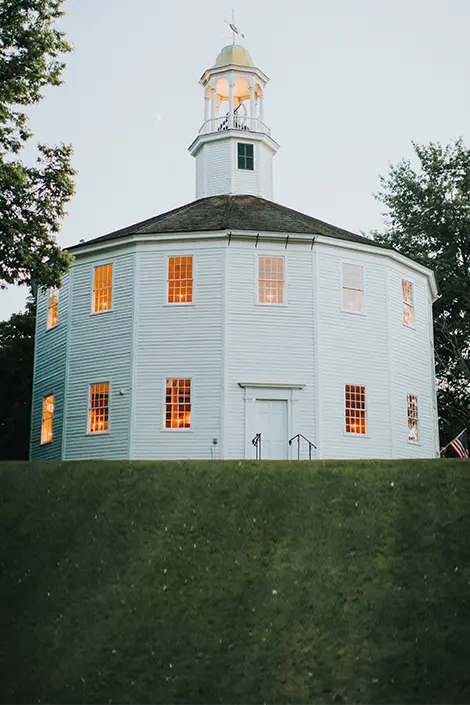
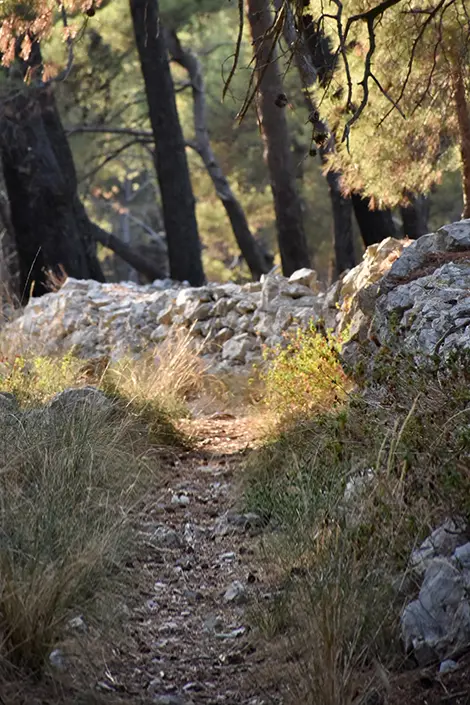
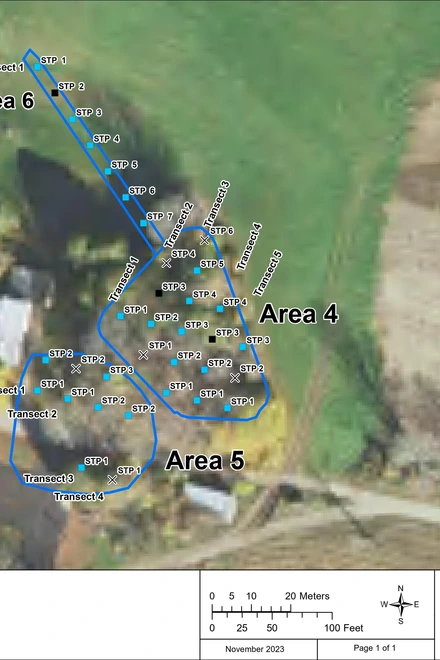
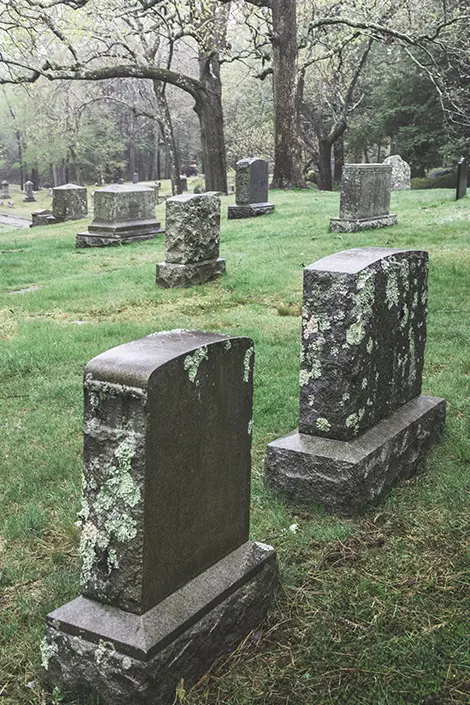
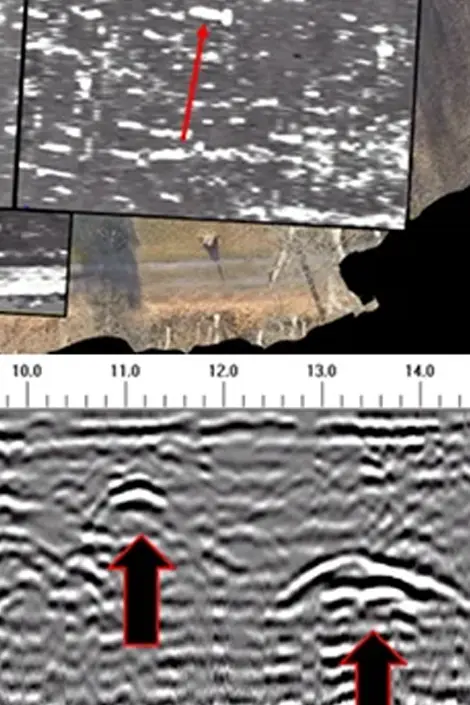
Combined Expertise
Utility-Energy
Transportation
Private
Municipal
Telecom
Heritage Consultants, LLC and Victoria Bunker, Inc., to Chart a New Path Together!
Heritage Consultants, LLC (Heritage) is very proud to announce that it has acquired Victoria Bunker, Inc., (VBI). VBI has a 40-year history of success in cultural resources management throughout New Hampshire and northern New England.
Read Article
Who we are
Victoria Bunker, Inc., is a branch of Heritage Consultants, LLC, and provides a range of archeological consulting services for Federal, State and Local government agencies, utilities, engineering firms, developers, conservation and heritage commissions, and private individuals. Our combined expertise includes all levels of archeological surveys (Phase IA, IB, II and III), remote sensing surveys (GPR and magnetometer), cemetery relocations, architectural survey and assessment, and historical studies. We prepare research designs, National and State Register eligibility statements and contribute to Environmental Impact Statements for Native American sites as well as European-American urban, rural, industrial, military, ritual and funerary resources.